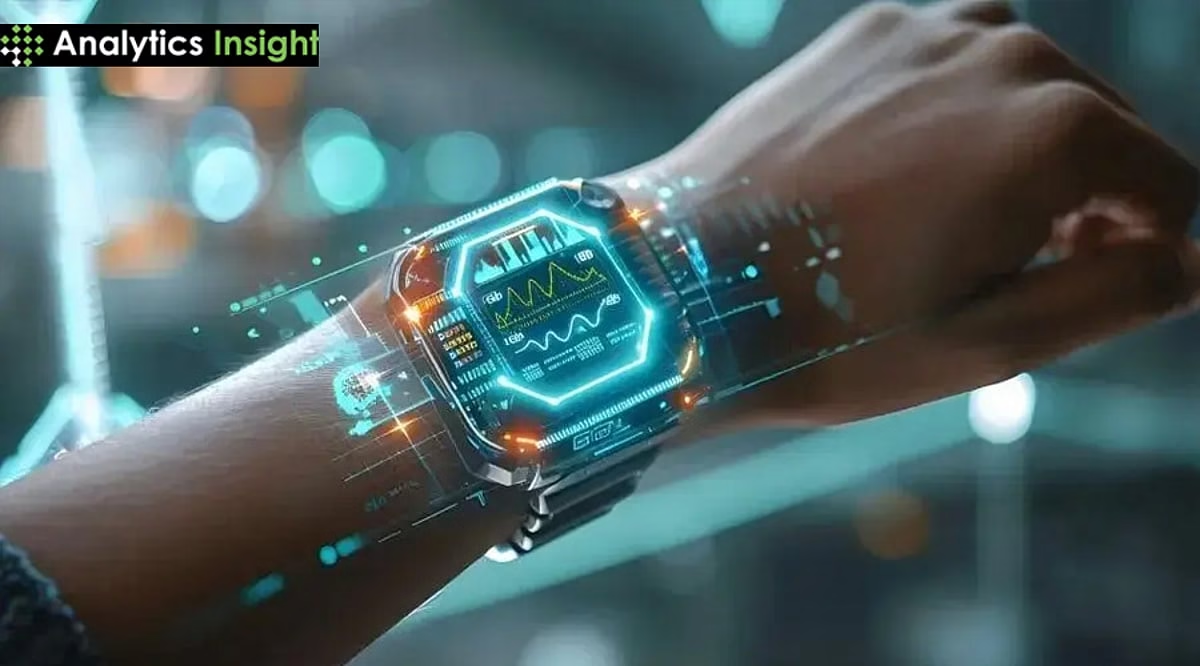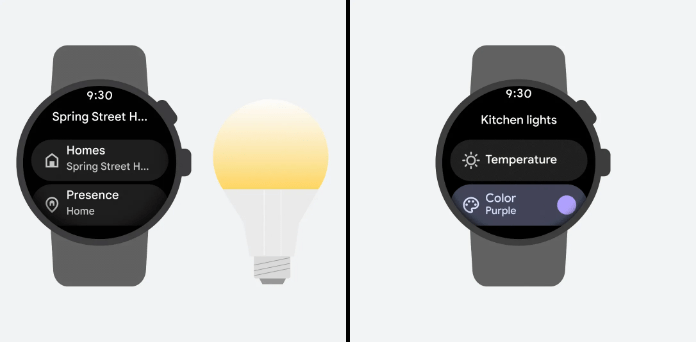Exploring Cutting-Edge AI-Powered Wearables: The Future of Smartwatches and Fitness Tech
Estimated reading time: 5 minutes
Key Takeaways
- AI-powered wearables offer personalized health insights, predictive analytics, and enhanced accuracy beyond traditional devices.
- Top devices like Apple Watch Ultra 2, Garmin Instinct 3, and Samsung Galaxy Watch 6 leverage AI for advanced health monitoring and coaching.
- AI enhances fitness trackers with adaptive workouts and injury prevention features.
- Sleep monitoring technology uses AI for detailed sleep stage analysis and personalized recommendations via devices like the Oura Ring Gen 3.
- Future trends include non-invasive glucose monitoring and emotion detection capabilities in wearables.
- Choosing the right device depends on individual needs, whether focused on fitness, general health, or tech integration.
- Despite benefits, users must consider data privacy risks associated with advanced health tracking.
Table of Contents
- 1. Introduction
- 2. What Makes AI-Powered Wearables Unique?
- 3. Top AI-Driven Smartwatches in 2024
- 4. AI-Enhanced Fitness Trackers: Beyond Basic Metrics
- 5. Sleep Monitoring Revolutionized by AI
- 6. The Broader Impact of AI in Wearables
- 7. Future Trends: Where AI Wearables Are Headed
- 8. How to Choose the Right AI-Powered Wearable
- 9. Conclusion
- Frequently Asked Questions (FAQ)
1. Introduction
Wearable tech has come a long way. Remember when fitness bands could only count steps? *It feels like a lifetime ago!*


Today, powerful AI-powered wearables like smartwatches and fitness trackers use machine learning to analyze your health, predict risks, and even coach you in real time. These sophisticated devices aren’t just gadgets anymore—they’re evolving into personal health assistants strapped right to your wrist, offering insights we could only dream of previously.
This blog post dives deep into the latest innovations in the world of AI-powered wearables. We’ll spotlight the best smartwatches currently available, explore advanced fitness trackers that go beyond simple metrics, and look into sleep monitoring smartwatches that are fundamentally reshaping how we understand and improve our rest. Let’s explore how artificial intelligence is transforming everyday wearables into potentially life-changing tools. Explore more innovations here.
2. What Makes AI-Powered Wearables Unique?
So, what’s the big deal with AI in wearables? While traditional wearables are great at collecting data points like steps taken or heart rate, powerful AI-powered wearables take it a crucial step further: they interpret and act on that data. Here’s a breakdown of what sets them apart:
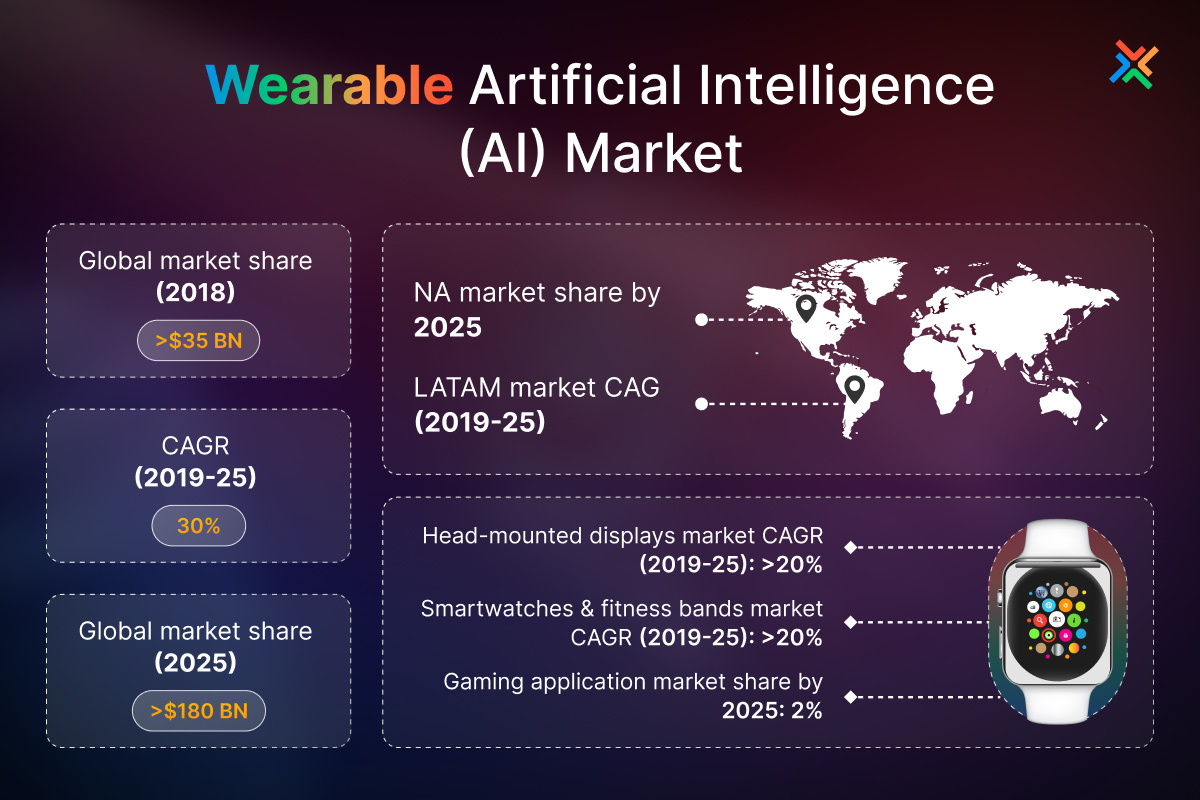

- Adaptive Learning: AI algorithms study your personal habits and baselines—think sleep patterns, workout intensity, daily activity levels—to provide truly personalized tips and recommendations. For example, if the AI notices you consistently skip workouts on weekends, your device might proactively suggest a tailored, manageable weekend workout plan to keep you on track. It learns *you*. Source: Debut Infotech
- Predictive Analytics: This is where AI wearables potentially become lifesavers. By analyzing subtle trends in your biometric data over time, such as minor changes in heart rate variability or resting heart rate, AI can flag potential health issues before they become serious problems. Some advanced devices can even detect irregular heart rhythms that might indicate conditions like atrial fibrillation, prompting you to seek medical advice. Source: AEI


- Enhanced Accuracy: AI doesn’t just analyze; it refines. Machine learning models continuously improve the accuracy of the metrics being tracked. For sleep tracking, AI has significantly boosted the precision of sleep stage detection (distinguishing between REM, light, and deep sleep), reportedly improving accuracy by up to 30% compared to older, non-AI trackers. This means more reliable insights into your sleep quality. Interested in AI’s impact elsewhere? Learn how AI is shaping other industries.
3. Top AI-Driven Smartwatches in 2024
Ready to upgrade your wrist game? The market for the best smartwatches is brimming with AI capabilities. Here are some of the top contenders in 2024 that stand out for their intelligent features:


- Apple Watch Ultra 2:
- A powerhouse for health monitoring, utilizing AI to detect irregular heart rhythms and potentially alert users to signs of atrial fibrillation.
- Provides sophisticated real-time workout feedback based on your performance and historical data.
- Seamlessly syncs with a vast ecosystem of iOS health and fitness apps for comprehensive tracking. Source: Jumpstart Mag

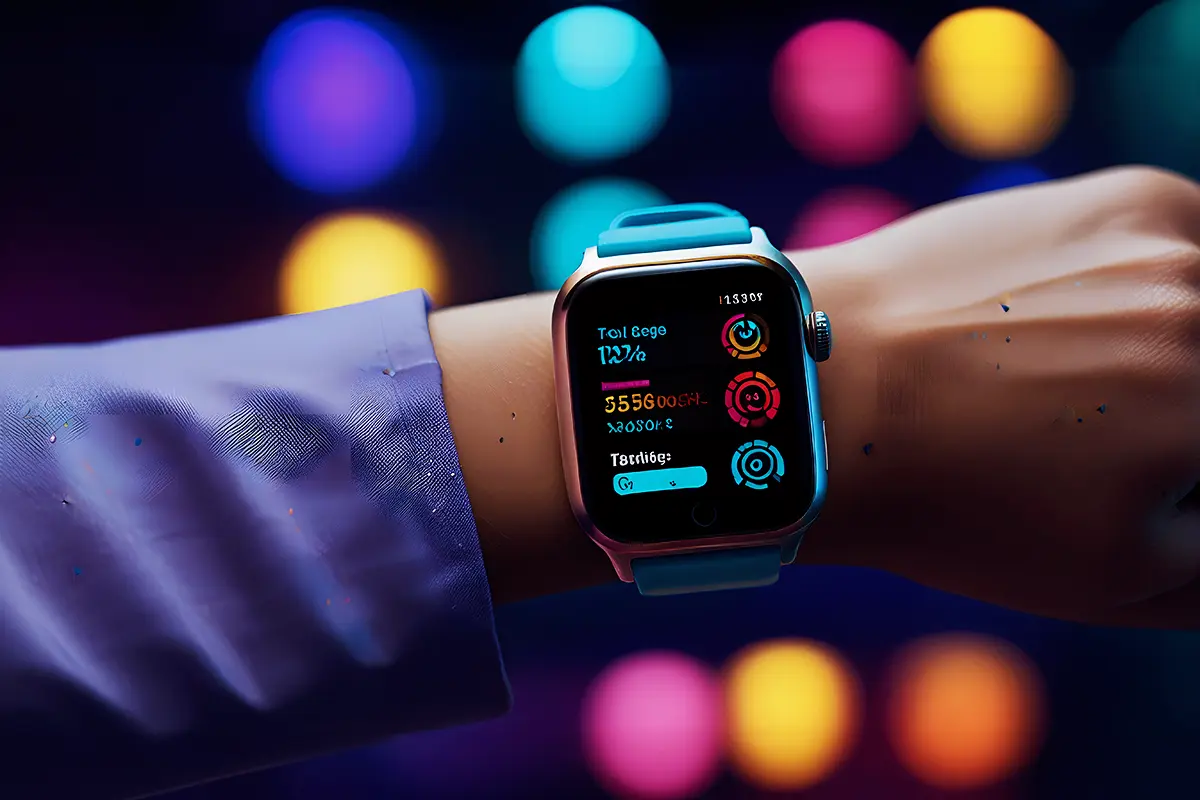
- Garmin Instinct 3:
- Built tough and known for incredible battery life, often enhanced by solar charging capabilities.
- Its AI shines in recovery analysis. It intelligently suggests optimal recovery times post-workout by analyzing factors like your stress levels, sleep quality, and activity load.
- Ideal for athletes and outdoor adventurers who need reliable data and insights. Source: AEI
- Samsung Galaxy Watch 6:
- Employs AI to track stress levels by monitoring subtle shifts in skin temperature and heart rate variability.
- When elevated stress is detected, it proactively offers guided breathing exercises and mindfulness prompts directly on the watch.
- Offers comprehensive health tracking features, integrating well with the Android ecosystem. Source: MarketsandMarkets
These powerful AI-powered wearables represent the cutting edge, blending sophisticated hardware with intelligent software to provide actionable health insights.
4. AI-Enhanced Fitness Trackers: Beyond Basic Metrics
Modern fitness trackers are no longer just glorified pedometers. Thanks to AI in wearables, they function more like personalized coaches sitting on your wrist:


- Adaptive Workouts: Forget generic training plans. Devices like the Fitbit Sense use AI to analyze metrics such as your VO2 max (a measure of cardiovascular fitness) and recovery status (based on sleep and activity). If the data suggests you’re fatigued after a strenuous run, the AI might adapt your schedule, suggesting a lighter activity like yoga or stretching instead of another high-intensity session. This makes training smarter, not just harder. Source: WDC Technology. Discover more game-changing fitness wearables.
- Injury Prevention: This is a game-changer for athletes and fitness enthusiasts. Advanced AI algorithms can monitor your movement patterns using sophisticated motion sensors. If it detects subtle signs of muscle fatigue or deterioration in your form during exercises (like your squats getting sloppy), it can provide real-time alerts, warning you to rest or correct your technique to prevent potential injuries. It’s like having a virtual spotter. Source: Sequenex
“AI transforms fitness trackers from passive data collectors into active training partners, guiding users towards safer and more effective workouts.”
5. Sleep Monitoring Revolutionized by AI
Struggling with poor sleep? You’re not alone. Thankfully, sleep monitoring smartwatches powered by AI are offering deeper insights and more actionable advice than ever before:
- Oura Ring Gen 3:
- This discreet ring is a leader in AI-driven sleep analysis. It meticulously tracks your time spent in different sleep stages: REM, light, and deep sleep, along with metrics like resting heart rate and body temperature.
- Based on your sleep quality and other physiological data, its AI calculates a daily “Readiness Score.” This score intelligently guides your activity levels for the day – suggesting you push harder when well-rested or take it easy after a poor night’s sleep. Source: Jumpstart Mag
- Noise Luna Ring Gen 2:
- Another ring-based wearable focusing on sleep, the Luna Ring tracks key metrics including blood oxygen levels (SpO2) during sleep, which can be an indicator of breathing disturbances.
- The associated app uses AI to provide personalized sleep improvement tips based on your data patterns, such as suggesting specific behavioral changes like “avoid caffeine after 4 PM” if it correlates late caffeine intake with restless sleep. Source: AEI
These powerful AI-powered wearables move beyond just telling you how long you slept; they help you understand *how well* you slept and what you can realistically do about it. Explore more health-focused wearables for 2024.
6. The Broader Impact of AI in Wearables
The influence of AI in wearables extends significantly beyond optimizing workouts and sleep cycles. Its potential in healthcare and daily life is profound, though not without considerations:
- Chronic Condition Management:
- AI-powered sensors in wearables are making strides in non-invasive monitoring. For instance, continuous glucose monitoring (CGM) systems integrated with smartwatches can help individuals with diabetes manage their condition more easily, reducing the need for frequent finger pricks.
- Built-in ECG (electrocardiogram) sensors, analyzed by AI, can detect irregularities like atrial fibrillation (AFib), alerting users to potentially serious heart conditions early, enabling timely medical intervention. Source: WDC Technology
- Data Privacy Risks:
- As these devices collect increasingly sensitive personal health data (heart rate patterns, sleep habits, location, stress levels), the risk of data breaches and misuse becomes a significant concern.
- Malicious actors could potentially target this data. Therefore, it’s crucial for users to choose devices from reputable companies that prioritize data security, employing strong measures like end-to-end encryption (often marketed as ‘military-grade’). Always review the device’s privacy policy. Source: MarketsandMarkets

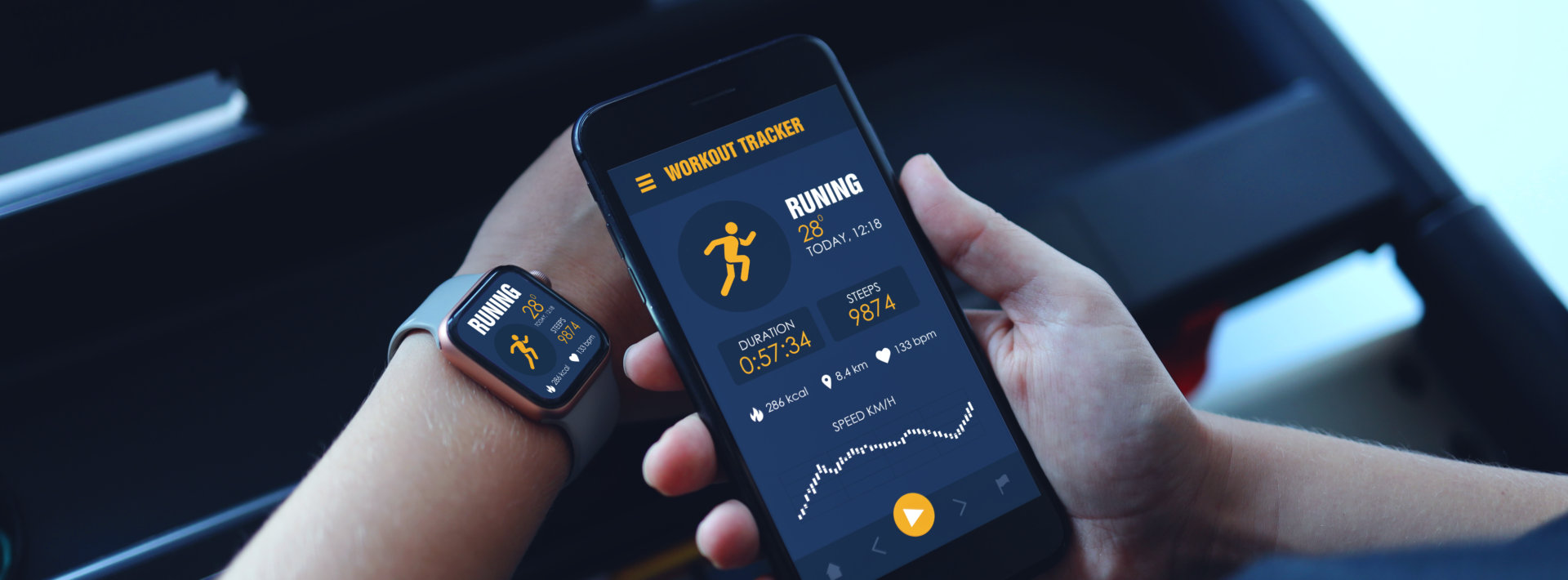
The integration of powerful AI-powered wearables into healthcare offers immense promise for preventative care and personalized medicine, but it necessitates a parallel focus on robust security and ethical data handling.
7. Future Trends: Where AI Wearables Are Headed
The evolution of AI in wearables is accelerating. Brace yourself for these exciting potential innovations just over the horizon:
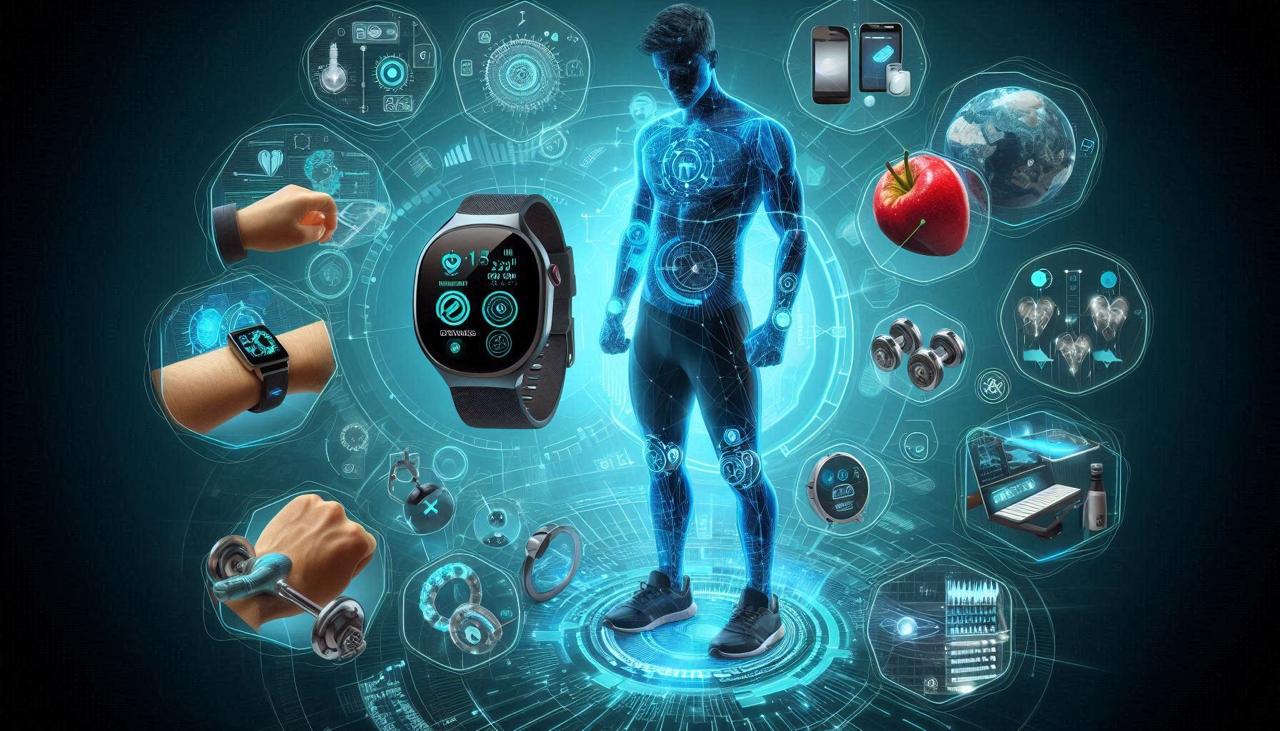

- Non-Invasive Glucose Monitoring: A highly anticipated development. Researchers are actively working on experimental wearables that aim to track blood sugar levels by analyzing biomarkers in sweat or using optical sensors, potentially eliminating the need for painful finger pricks or implantable sensors for people with diabetes. AI will be crucial for accurately interpreting these complex signals. Source: Debut Infotech
- Emotion Detection and Mental Wellbeing Support: The next frontier? Wearables capable of inferring your emotional state. Future AI might analyze subtle cues like voice tone variation (via microphone), facial micro-expressions (via camera, perhaps?), or changes in skin conductance (electrodermal activity) to gauge stress, excitement, or anxiety levels. Imagine a smartwatch that senses you’re becoming tense and proactively suggests a brief meditation or a walk outside. Source: Nanobits
The integration of more sophisticated sensors combined with ever-smarter AI promises wearables that understand us on an even deeper, more holistic level.
8. How to Choose the Right AI-Powered Wearable
With so many options, picking the right AI-powered wearable can feel overwhelming. Consider your primary goals and lifestyle to narrow down the choices:
- For the Dedicated Fitness Enthusiast:
- If you’re serious about endurance sports like marathon training or triathlons, look towards brands like Garmin, known for their robust GPS tracking, detailed performance metrics, and AI-driven recovery insights.
- For gym-goers focusing on varied workouts like HIIT or strength training, a device like a Fitbit might be ideal, offering adaptive workout suggestions and broad activity tracking.
- For the Health-Conscious User:
- If your main focus is general wellness and monitoring specific health indicators, prioritize devices offering FDA-cleared features like ECG for atrial fibrillation detection, SpO2 (blood oxygen) monitoring, skin temperature sensing, or even blood pressure monitoring where available. Brands like Apple, Samsung, and specialized devices like the Oura Ring often excel here.
- For the Tech Lover and Ecosystem Adopter:
- If seamless integration with your smartphone and other devices is key, your phone’s ecosystem often dictates the best choice. The Apple Watch offers unparalleled integration for iPhone users.
- Similarly, Samsung Galaxy Watches provide a smooth experience for Android users, particularly those with Samsung phones. Evaluate the app ecosystem and smart features beyond health tracking. Source: Jumpstart Mag
Ultimately, the best smartwatch or fitness tracker for you is the one that aligns with your specific needs, provides data you trust, and presents insights in a way you find useful and motivating.
9. Conclusion
Powerful AI-powered wearables are rapidly evolving from mere novelties into indispensable tools for enhancing our health, optimizing our fitness routines, and potentially extending our longevity. They offer a glimpse into a future where personalized health insights are accessible 24/7, right from our wrists.


Whether you’re specifically searching for advanced sleep monitoring smartwatches to finally conquer restless nights, sophisticated fitness trackers equipped with adaptive coaching, or an all-around health companion, the key is to prioritize devices that don’t just track data, but intelligently *learn* and *grow* with you. The future of wearables isn’t just smart—it’s positively genius.
Ready to embrace the power of AI on your wrist? Explore some of the top picks mentioned here and take a confident step into a smarter, potentially healthier tomorrow. Want more cool tech? Discover more cutting-edge gadgets.
Frequently Asked Questions (FAQ)
What’s the main difference between AI wearables and regular ones?
Regular wearables primarily *collect* data (like steps, heart rate). AI-powered wearables *analyze* and *interpret* this data using machine learning algorithms to provide personalized insights, predictive alerts (e.g., potential health issues), adaptive coaching (e.g., workout adjustments based on recovery), and enhanced accuracy in measurements like sleep stages.
Are AI wearables accurate?
AI generally *improves* accuracy compared to non-AI methods, especially for complex analyses like sleep stage detection or detecting subtle anomalies in heart rate patterns. However, accuracy can still vary between devices and metrics. They are powerful tools for insights but should not replace professional medical diagnosis. Look for devices with clinically validated or FDA-cleared features for health monitoring.
What are the privacy risks associated with AI wearables?
These devices collect highly sensitive personal health data. The main risks include potential data breaches where hackers could access your information, and the possibility of data misuse by companies. It’s crucial to choose reputable brands with strong encryption and clear privacy policies outlining how your data is stored, used, and protected.
How do I choose the best AI wearable for me?
Consider your primary goal: Are you focused on hardcore fitness tracking (look at Garmin), overall health monitoring (consider Apple Watch, Samsung, Oura), sleep improvement (Oura, Fitbit), or seamless tech integration (Apple Watch for iOS, Galaxy Watch for Android)? Read reviews, compare specific AI features (like adaptive coaching or predictive alerts), check for necessary health clearances (like ECG), and consider your budget.
What future advancements can we expect in AI wearables?
Exciting developments are on the horizon! Key areas include non-invasive glucose monitoring (tracking blood sugar without finger pricks), more sophisticated emotion detection and mental wellbeing support (sensing stress and suggesting interventions), and even more personalized predictive health alerts based on long-term AI analysis of your unique physiology.


